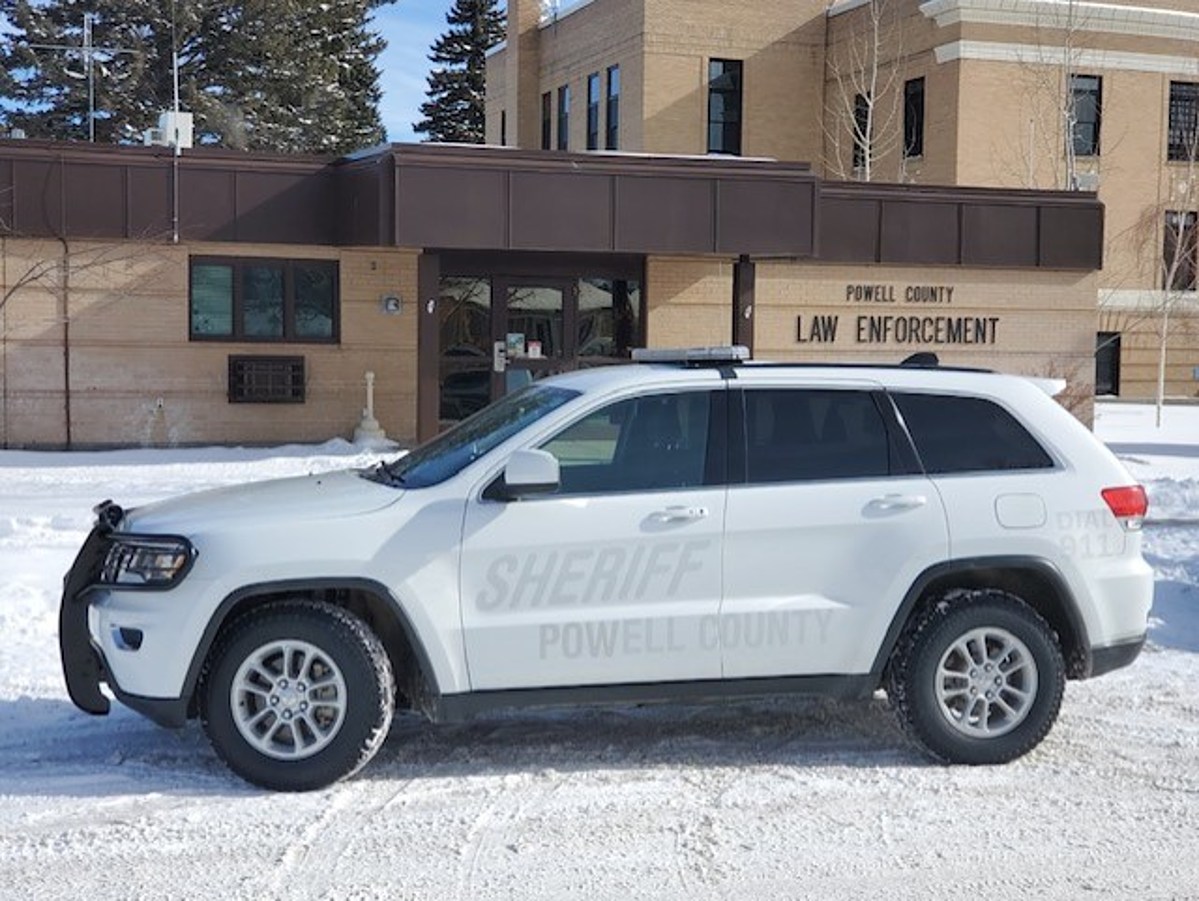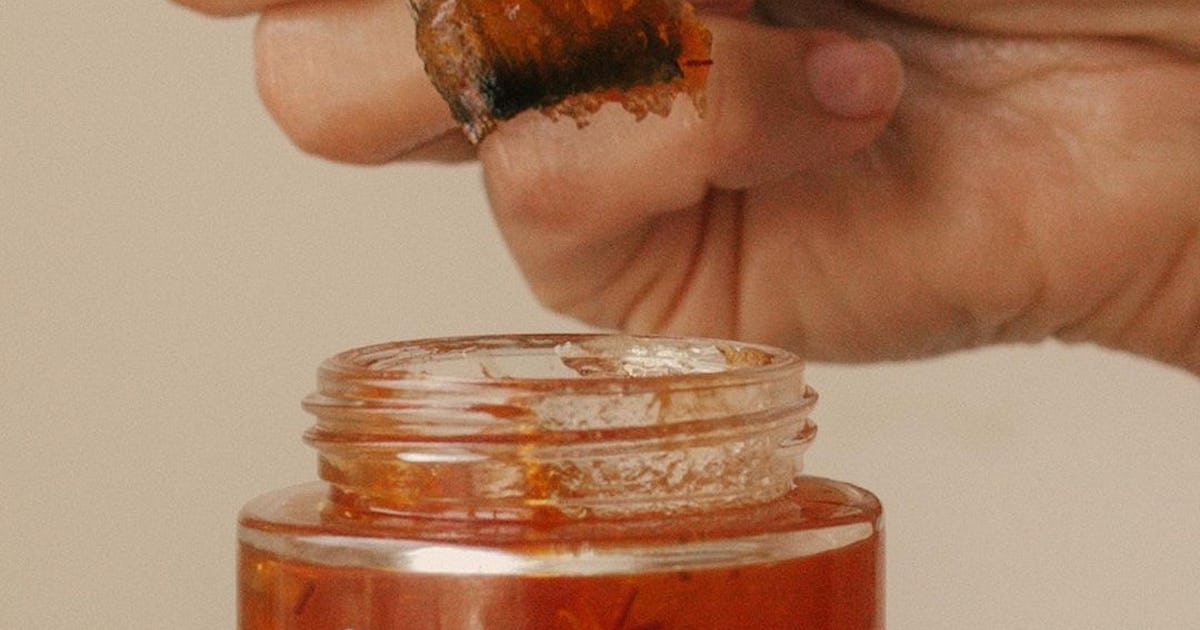Before this summer time, a new analyze located that additional than 50 % of 231 cosmetic products examined in the US and Canada contained PFAS, a team of fluorinated chemical substances that can weaken immunity, disrupt baby enhancement, affect the reproductive program and raise the possibility of particular cancers. While Europe has saved a tighter rein on what chemicals can and are not able to be integrated in day-to-day solutions, the US’s criteria are now above 80 several years old.
Now, Senator Diane Feinstein (D-CA) and Senator Susan Collins (R-Maine) have reintroduced the Particular Care Products Security Act, a piece of laws that would need organizations to disclose all the components made use of in their solutions, be capable to exhibit their protection and sign up their entities with the Food and drug administration.
The monthly bill was very first introduced in 2015 but unsuccessful to move. This yr, with renewed interest in purchaser protection and higher awareness about PFAS, Feinstein and Collins are earning the scenario once again with the aid of marketplace giants like Unilever, Proctor and Gamble, the Estee Lauder Group, Revlon, Beautycounter and Johnson and Johnson backing the legislation.
“I to start with moved to introduce this legislation numerous several years back following finding out about men and women in cramped elegance salons having Brazilian blowout hair treatments and not figuring out that formaldehyde is utilised in lots of these types of hair solutions,” Feinstein told the Guardian. Formaldehyde, which is a colorless and flammable gas, is usually observed in glues, adhesive, setting up components and insulation product. It can bring about shortness of breath, problems, dizziness and has been joined to cancer.
Graham Peaslee, a physics professor at the University of Notre Dame, led the analyze that encouraged legislators to act all over again on this difficulty. After a long time of functioning as a result of funding shortages and not able to uncover labs that would be eager to exam merchandise like mascara (which can destruction high-priced and sensitive lab equipment), Peaslee and his colleagues had been equipped to complete checks on much more than 200 easily available products in North The us. They located that 3 categories of cosmetics had the best focus of fluorinated chemical compounds: foundations, mascaras and lip solutions.
“PFAS are currently being deliberately applied in cosmetics, and some are sneaking in unintentionally most very likely as properly in North The us,” Peaslee mentioned. “More alarmingly, their use is not currently being recorded on quite a few solution labels at all. This implies the client, or consumer struggling with watchdog groups like Environmental Functioning Group (EWG), simply cannot tell if a specific merchandise has been produced with PFAS or not. This isn’t excellent.”
The EWG released an on-line databases, Pores and skin Deep, in 2004 so customers could establish particular treatment items with fewer problematic chemical compounds. in the beginning the databases integrated about 7,500 solutions and 7,000 ingredients . Now, it tracks about 74,000 merchandise and just underneath 9,000 ingredients. But Carla Burns, senior director for beauty science at EWG, states amassing information has been complicated “Finding comprehensive component lists for some products and solutions is not easy. And for some of the more recent substances, really minor details is quickly obtainable,” she reported.
The political slowdown has also been an impediment.
“In standard Congress Republicans have a difficult time addressing the type of poisonous chemical compounds that are in family objects,” mentioned Scott Faber, who sales opportunities govt affairs at EWG. “Congress usually focuses on the menace that will kill you tomorrow, somewhat than the menace that will get rid of you in 20 several years.”
PFAS are pervasive in splendor items, which include sunscreen, shampoo, nail polish, hair styling items and shaving product. And ladies tend to be more at risk. EWG analysis indicates that, on normal, women of all ages use 12 private care merchandise every single working day, thereby exposing them selves to 168 chemical elements. Males use about fifty percent as lots of products and solutions as gals, but continue to expose themselves to 85 diverse chemicals on a each day foundation.
One of the greatest problems that the Feinstein-Collins bill aims to deal with is the FDA’s capability to pull items off the shelf. Now, if a solution is identified to have unsafe substances, these kinds of as a large concentration of PFAS, the Fda can not convey to the corporation to prevent providing it. This invoice would give the Fda much more authority to make a decision what can and are unable to be sold, and how components have to be disclosed to the general public.
While Peaslee supports the invoice, he feels that the private treatment and natural beauty industries could clear up this dilemma them selves.
“They could basically declare that they care about customer overall health, and the ecosystem as nicely, by deciding upon a stage-out day for the intentional use of PFAS in their goods, and need their provide chains to deliver substances to be cost-free of intentional PFAS henceforth,” he reported. “That does not value just about anything to do but their suppliers would have to use greener choices. This could be completed inside a yr or two.”
So significantly, however, Peaslee notes that only a couple companies have come to him and his colleagues for suggestions on how to boost their offer chains, and for information and facts on business labs that can deliver the essential screening.
Some manufacturers, these as RMS Splendor and Ilia Beauty, which was founded a decade back, have been advocating for bigger transparency and safer ingredients. Laws, both equally businesses say, is the real alternative.
Elaine Sack, the CEO of RMS Beauty, is component of the coalition lobbying for this invoice: “The intention right here is not to say that only clean brands should exist fairly it is far more of an energy to talk to for oversight, which goes on in so a lot of other nations around the world into an sector that has generally labored on the honor process for considerably also long and nevertheless has no definition when it comes to component labelling and terms this sort of as ‘natural.’”
Sasha Plasvic, founder and CEO of Ilia Splendor, agreed. “We have so significantly even more to go, primarily in the United States, whereby we want to feel the natural beauty market is adequately controlled, but in truth of the matter it isn’t. Possessing the monthly bill reach a federal amount is wherever this in the end requires to go.”
Even if PFAS ended up taken off from all cosmetics and own care solutions, on the other hand, consumers in the US would in all probability however be uncovered to these “forever chemicals”, which do not break down simply. Experts estimate that much more than two-thirds of Us citizens, or 200 million, could be ingesting drinking water contaminated with PFAS.


















/https://specials-images.forbesimg.com/imageserve/604ad3acf728cc29468fec2e/0x0.jpg?cropX1=0&cropX2=846&cropY1=47&cropY2=523)
![See Inside the Amazing Homes of State Music’s Queens [Pics]](https://townsquare.media/site/204/files/2020/08/tim-mcgraw-faith-hill-mansion-california-pictures.jpg?w=1200&h=0&zc=1&s=0&a=t&q=89)










